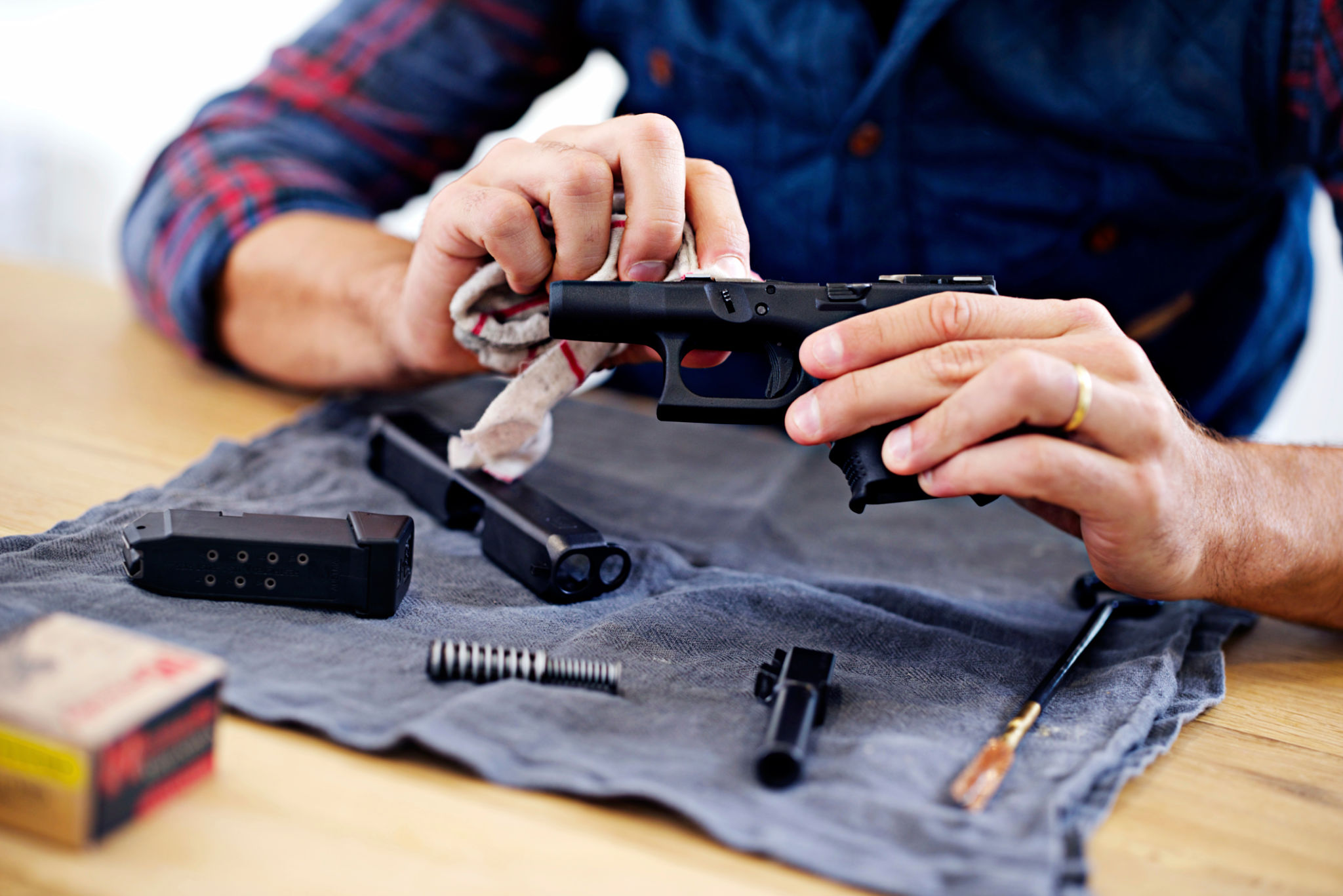Seasonal Firearm Maintenance: Preparing Your Guns for Winter
Understanding the Importance of Seasonal Firearm Maintenance
As the seasons change, so do the conditions in which we store and use our firearms. Winter, with its cold and often damp conditions, presents unique challenges that require specific attention to ensure your guns remain in optimal condition. Regular maintenance is crucial to prevent rust, corrosion, and malfunctioning at crucial moments.
Many gun owners focus on cleaning and maintenance during hunting season but may overlook the importance of preparing their firearms for the off-season. While winter may mean less frequent use for some, it doesn't lessen the need for proper care. In fact, neglecting seasonal maintenance can lead to a range of issues that may compromise the performance and longevity of your firearms.

Essential Steps for Winter Gun Maintenance
Thorough Cleaning
The first step in preparing your firearms for winter is a thorough cleaning. This involves disassembling the gun as much as possible to access all parts. Use a high-quality solvent to remove any powder residue, grime, or moisture that may have accumulated during use. Pay special attention to the barrel and action, ensuring they are free of debris and properly lubricated.
Proper Lubrication
Lubrication is vital in colder temperatures, as it prevents parts from seizing up. However, it's important to select a lubricant suited for cold weather. Standard oils may thicken in low temperatures, leading to sluggish operation. Opt for a lubricant specifically designed for winter use to maintain smooth functionality.

Storage Considerations
Where and how you store your firearms during winter can greatly impact their condition. Ideally, guns should be stored in a climate-controlled environment to avoid exposure to extreme cold and moisture. If this isn’t possible, use a dehumidifier or silica gel packs in your gun safe to control humidity levels. Additionally, consider using gun socks or cases with anti-rust properties for added protection.
Checking for Wear and Tear
Winter is also an excellent time to perform a detailed inspection of your firearms for any signs of wear and tear. Look for cracks in wooden stocks, rust spots on metal surfaces, or any loose components. Addressing these issues promptly can prevent more significant problems down the line.

Updating Accessories and Optics
While focusing on the firearm itself is crucial, don't overlook the importance of maintaining accessories such as scopes and sights. Ensure they are securely mounted and functioning correctly. Winter is also a good time to replace batteries in any electronic accessories to avoid failures when you need them most.
Preparing Ammunition for Winter
Ammunition is often an overlooked aspect of winter firearm maintenance. Store ammunition in a cool, dry place to prevent moisture damage and potential misfires. Regularly check for any signs of corrosion or damage that could affect performance.
By following these steps, you can ensure that your firearms remain in excellent condition throughout the winter months. Not only will this extend the life of your guns, but it will also ensure they are ready for action when needed.
